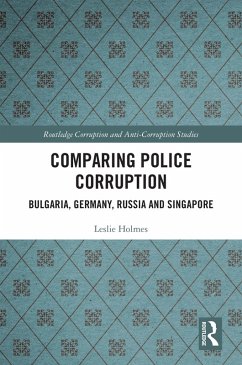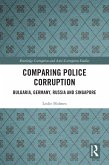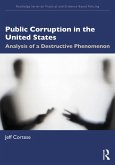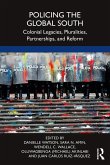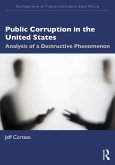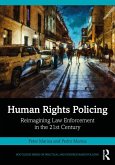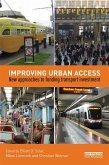The problem of police corruption ranges from having to pay a bribe to a traffic cop to avoid a speeding fine, right up to more serious forms, such as collusion with organised crime groups and terrorists. The issue therefore constitutes a significant security threat and a human rights issue, but it is often difficult to understand the extent of the problem, and how it varies across contexts. This book analyses the corruption situation in Bulgaria, Germany, Russia and Singapore, identifies similarities and differences across them, and analyses the various means of addressing the problem: punitive, incentivising, technological, administrative and imaging, and the role of civil society. Drawing on existing literature and research, the book also makes extensive use of local sources and original survey data across the four countries.
As comparative literature on police corruption remains rare, this book's survey of the situation in two developed states and two post-communist transition states will be of considerable interest to students and researchers across corruption studies, criminology, police studies and security studies, as well as practitioners working in anti-corruption and law enforcement agencies.
Dieser Download kann aus rechtlichen Gründen nur mit Rechnungsadresse in A, B, BG, CY, CZ, D, DK, EW, E, FIN, F, GR, HR, H, IRL, I, LT, L, LR, M, NL, PL, P, R, S, SLO, SK ausgeliefert werden.
Tim Prenzler, Professor of Criminology, University of the Sunshine Coast, Australia
"This path-breaking comparative study addresses an important gap in the literature and shows that the wicked problem of police corruption can be curbed with strong political will and capacity in Germany and Singapore, but not in Bulgaria and Russia. I highly recommend this book to policymakers, police reformers and scholars."
Jon Quah, Retired Professor of Political Science, National University of Singapore

